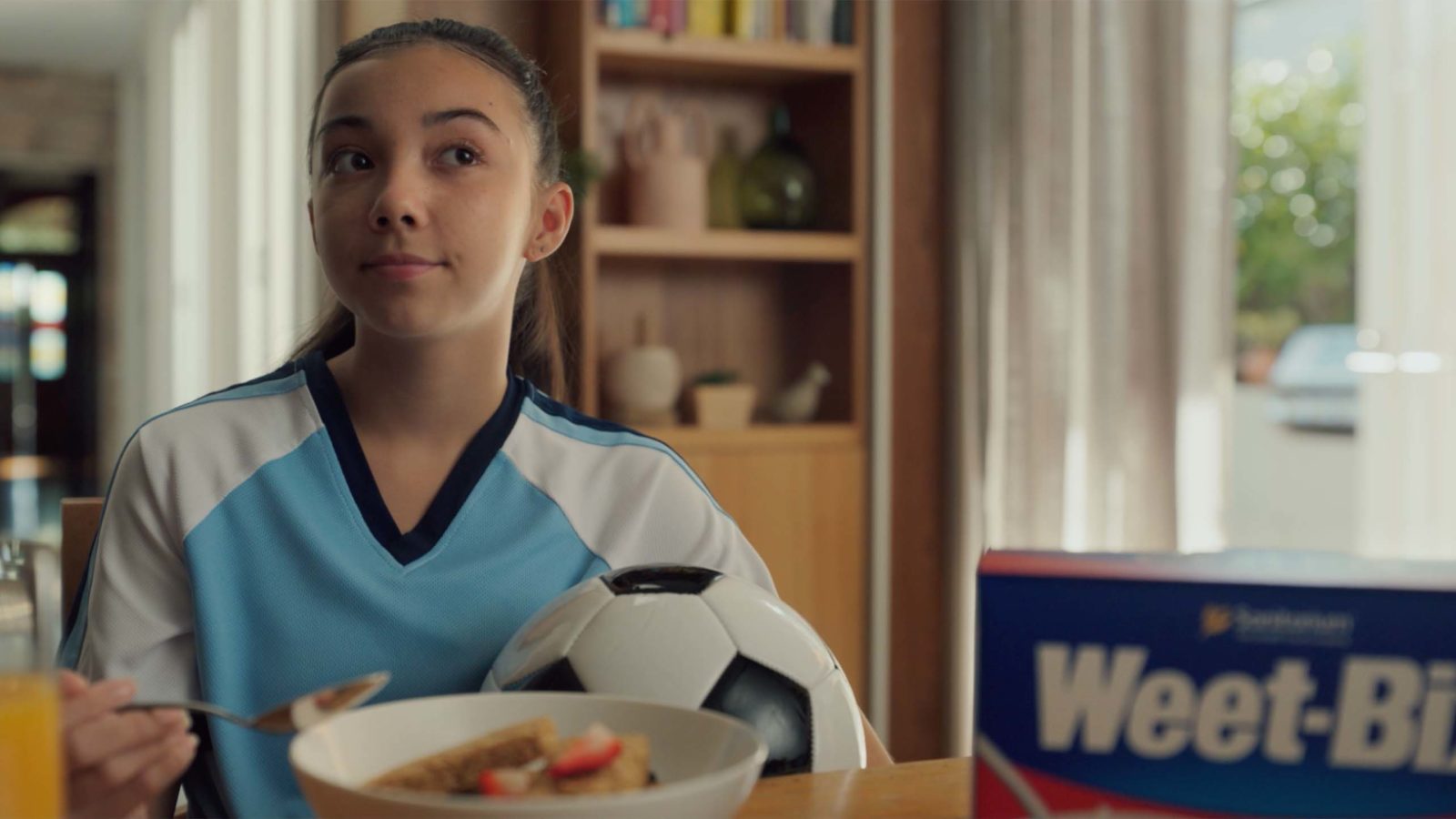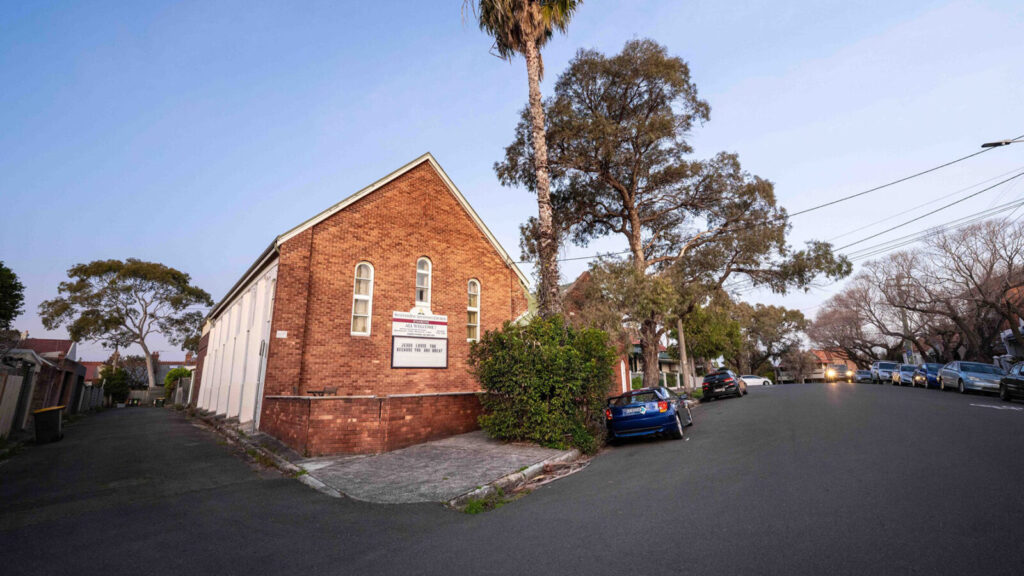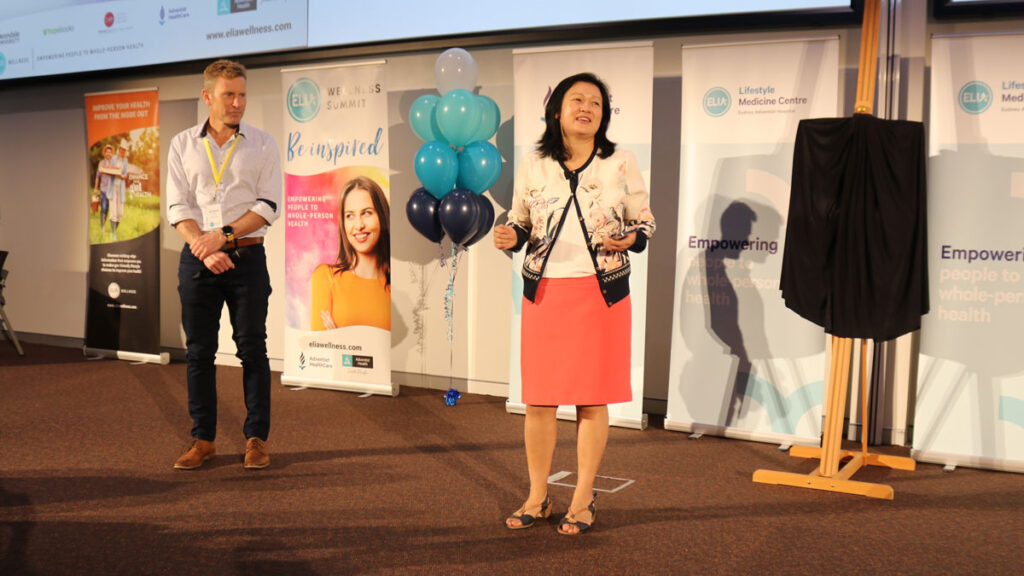A new report from iconic Australian breakfast brand Weet-Bix has revealed that declining self-esteem is the biggest mental wellbeing issue facing Aussie kids, with one in five students already reporting negative self-esteem as they enter high school.
As a new school year begins, it’s a stark reminder of the need to promote mental and emotional wellbeing alongside physical health to support Aussie kids in reaching their potential and building resilience after two years of pandemic-related turbulence. However, experts say children’s self-belief was already in decline due to a range of other influences.
Data uncovered by Forge Wellbeing in one of the biggest studies of its kind and released as part of The Weet-Bix Feed their Belief Report, found a significant decline (35 per cent) in self-esteem, optimism, competence and positive emotions between Kindergarten and Year 12.
Pulling on survey responses from more than 27,000 students, the report explores the current mindset amongst Australian children as they progress through school across eight key wellbeing domains: positive emotions; meaning; optimism; positive relationships; competence; engagement; self-esteem; and social contribution.
High school students averaged a lower rating in seven out of eight domains, compared to primary school students, with the report revealing a self-belief crisis with only half (50 per cent) of students in Year 12 feeling optimistic, compared to 70 per cent of students in Year 7 and 91 per cent of kids at kindergarten.
Dave Gower, Founder of Forge Wellbeing, and a father of three says, “Our data provides an unparalleled insight into the wellbeing of Aussie kids. However, it sadly shows that a child’s mindset declines in positivity as they progress through their school years.
“By sharing these insights in the Weet-Bix Feed their Belief Report, we’re hoping to help parents and caregivers understand the factors that impact their child’s ability to believe in themselves, feel positive about the world around them and ready to face the challenges life will inevitably throw their way”, he said.
Parenting expert and relationships speaker, author and researcher, Dr Justin Coulson, says, “The world can be really unkind to our kids. Even before the ongoing pandemic, today’s youth face significant challenges to their self-belief. From social media and pop culture to academic and societal pressures, and even global issues like climate change. Plus, they’re going through all the physical and neurological development that is par for the course of growing up.
“As a dad to six of my own children, I know how challenging it can be for kids as they progress through their teenage years. I’ve seen how self-belief can diminish and take with it a child’s potential. But we can support our children, with the insights in the Weet-Bix Feed their Belief Report demonstrating they value their relationship with us and that they benefit from our guidance in developing identity, self-esteem, optimism and resilience.”
To guide parents and caregivers in helping feed belief in Aussie kids, Dr Coulson provides six top tips:
- Inspire Self-esteem: foster key relationships with friends and parents, encourage a balanced lifestyle, build competence and strengths, and help develop a sense of familiarity at school.
- Spark Positive Emotions: help children develop a strong sense of identity and belonging whilst leaning to their strengths and offering them new opportunities to discover who they are.
- Fuel Engagement: support a child’s ideas, encourage them to try new things and promote autonomy. In addition, help them seek peers and mentors who share similar interests as them.
- Maintain Optimism: reduce pressure on our children and focus on enjoyment. It’s also beneficial to give kids something to look forward to, along with surrounding them with positive relationships.
- Encourage and demonstrate positive relationships: continue to encourage friendships in multiple contexts and demonstrate positive and respectful adult relationships.
- Healthy bodies, healthy minds: a healthy diet and an active lifestyle support physical health as well as mental wellbeing, so look out for opportunities to put these belief-building tips into practice in settings like family mealtimes, play, sport and other recreation activities.
Mum of three and senior leader at the Sanitarium Health Food Company, Jessica Manihera adds, “Kids enter this world with limitless belief, an incredible superpower that fuels optimism, creativity, curiosity and courage. It helps our kids believe they can become anyone and do anything—they have no reason to believe that these dreams won’t come true.”
“Naturally, as we learn more about ourselves and the world around us, our dreams can change or falter. But what our Weet-Bix Feed the Belief Report reveals is that self-belief is compromised, too early in life by an increasing number of influences, and that is limiting the potential of the next generation to thrive,” she said.
Weet-Bix has long championed the potential for greatness that exists within every Aussie kid. Beyond the wholegrain breakfast cereals that can be found in almost half of all Australian households, Weet-Bix is well known for the physical activity initiatives like the Weet-Bix Kids TRYathlon, for its support of breakfast club programs which provide essential nutrition to start the school day, and by providing generations of Aussie kids with inspiring role models to look up to.
“As the new school year begins, we hope the insights and tips in this report provide parents and caregivers with ideas on how to help their child navigate this ever-changing world, realise their potential and turn those mini dreams of today into the mighty moments of tomorrow,” said Ms Manihera.
Download the report at www.weetbix.com.au/feedthebelief






